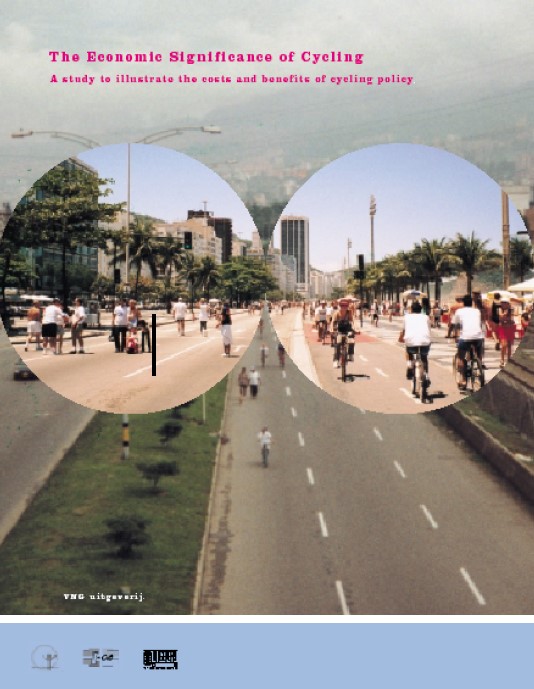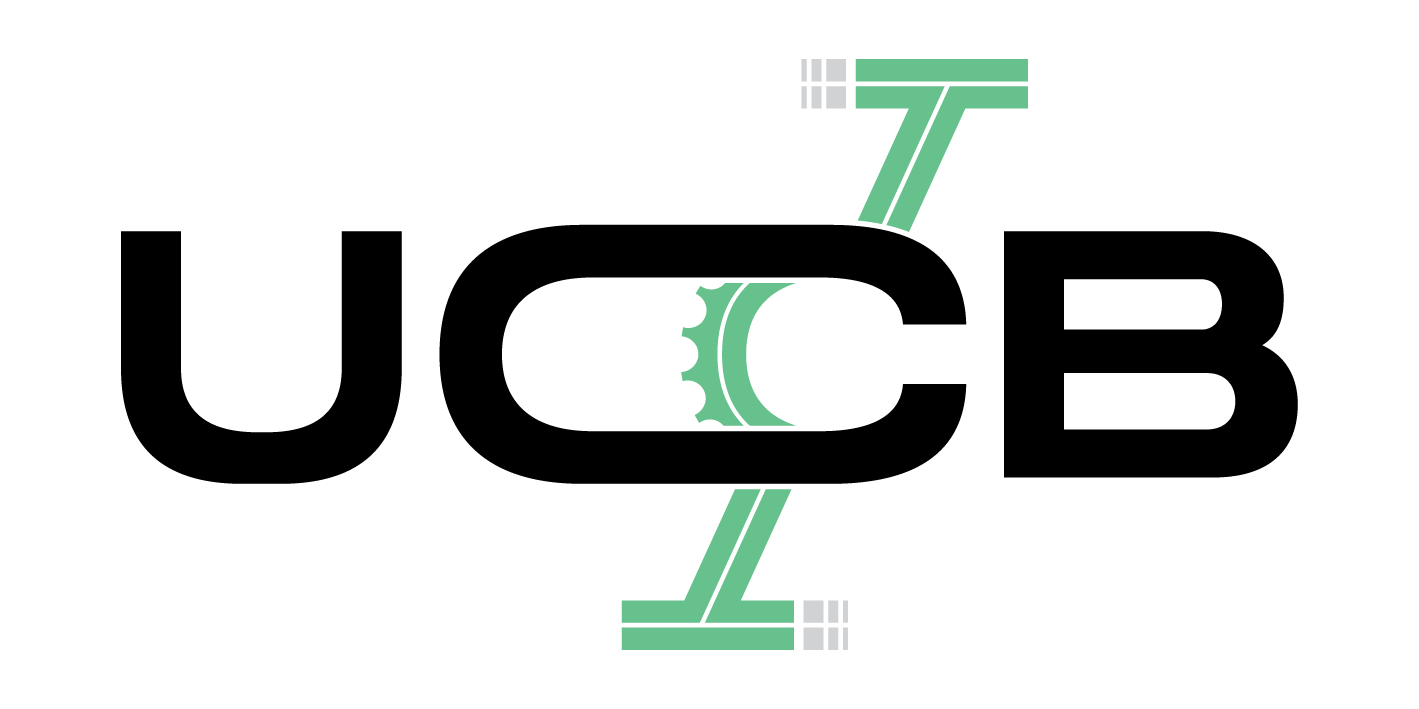The Economic Significance of Cycling – A study to illustrate the costs and benefits of cycling policy
Tipo de publicação
Relatório de Pesquisa
Tipo de autoria
Parceria institucional mista
Nome do autor
Habitat Platform Foundation, Interface Cycling Expertise, VNG
Língua
Inglês
Abrangência geográfica
Internacional/Mundial
País
Brasil
Ano da publicação
2000
Palavra chave 1
Benefícios
Palavra chave 2
política de transporte
Palavra chave 3
Políticas Públicas
Descrição
The bicycle has an economic value, although this comes in many shapes and sizes. This could include the New York manager who gains expensive travelling time as (s)he manoeuvres his/her bicycle through the busy city traffic; or the small farmer who, thanks to his/her bicycle, can transport his/her wares to the market in Dar es Salaam; or the ex-heart patient in Amsterdam who keeps his/her hard-won health with the help of his/her bicycle; or the City Council in South America searching for measures to combat air pollution, for which the bicycle could be an excellent alternative to the cars polluting the city. Whichever way you look at it, the bicycle has a high economic value. However, that value is often underestimated and seldom corroborated.
This publication is the first overview of its kind of the various costs and benefits of cycling, and it shows how the necessary calculations can be made. We consider it as an important first step, and also as a contribution towards presenting the bicycle as a serious and versatile solution. Because when it comes down to it, the bicycle is a cheap, healthy and environmentally friendly means of transport. However, governments, interest groups and experts often undervalue the bicycles contribution to well-being and prosperity. Meanwhile, they rightly concern themselves around the world with problems related to the environment, poverty, sustainability, health and the quality of life, all problems for which the bicycle could be the solution they are looking for.
This overview is an initiative of the Habitat Platform Foundation and I-ce, Interface for Cycling Expertise. The Association of Dutch Municipalities VNG contibuted financially to the publication. The illustrations presented in this book may provide valuable information to local administrations.We would like to thank the many experts who have gathered all the information that this initiative required as well as the bodies that made it possible to produce this publication.
As the project manager, Jeroen Buis has been exceptional in articulating both the universal and the local character of the information.
The ultimate aim of this publication is to inspire its readers to apply the various results and methods in their own surroundings



 Ao navegar no Observatório da Bicicleta você concorda com os
Ao navegar no Observatório da Bicicleta você concorda com os